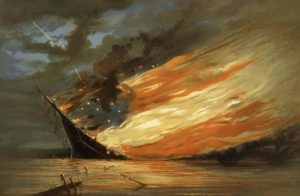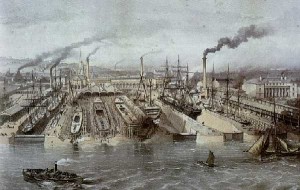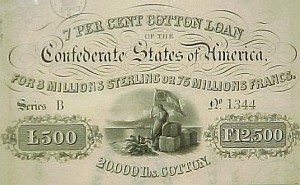 ‘290’ is a work of historical fiction, focused upon the Civil War at sea. It presents war as more than a military confrontation – as something fundamentally fueled by economic, political, racial, gender, and emotional conflicts on an individual level. These conflicts are intensely personal in their expression, but ultimately decisive in their cumulative effect. As with a mobile, one small struggle interacts with and sets in motion a vast complexity of strife. ‘290’ is about conflicts, small and great.
‘290’ is a work of historical fiction, focused upon the Civil War at sea. It presents war as more than a military confrontation – as something fundamentally fueled by economic, political, racial, gender, and emotional conflicts on an individual level. These conflicts are intensely personal in their expression, but ultimately decisive in their cumulative effect. As with a mobile, one small struggle interacts with and sets in motion a vast complexity of strife. ‘290’ is about conflicts, small and great.
At the outset of the war, the Confederate navy is nonexistent. Short on resources but long on imagination, the Confederacy plots to build ships abroad – in Britain, illegally, and therefore secretly. The goals are strategic: Every northern merchant ship sunk deprives Union armies of supplies, cuts into northern profits, and robs the Lincoln Administration of political support. Belatedly, Union agents in Britain discover this threat, and the conflict finds a new, unexpected, and ever-expanding battlefield.
The naval war thus unleashed was fought in Europe as well as America; with bribes and writs, as well as gunpowder and shell; and on oceans as far removed from the Southern Confederacy as the China Sea. It was a multi-layered struggle – a struggle the series of novels collectively titled ‘290’ seeks to tell, from before the beginning, to after the end.



